Gynaecological Issues in Older Mothers by Mrs. Patricia Wilson, Consultant Gynaecologist
Mrs Patricia Wilson is the Clinical Director of the Wellington Women’s Clinic. She has held a consultant post on the NHS for 12 years and was Clinical Director of the Department of Obstetrics & Gynaecology at her hospital. She graduated from Birmingham University with an Honours Degree in Medicine & Surgery in 1970 and specialised in Obstetrics & Gynaecology. She was Senior Registrar at Addenbrooke’s Hospital, Cambridge, and then Consultant Clinical Director of her department at the West Essex Group of Hospitals. She is an author of two books on gynaecology and in the past has lectured in many hospitals in North America.
Mrs Wilson is a member of the following professional bodies, The British Society of Colposcopy and Cervical Pathology (BSCCP), The British Society of Urogynaecologists, The British Menopause Society. She is also a member of a medical advisory board, a clinical governance committee, and a trustee of the London Consultants Association. She is a Past President of the section of Obstetrics and Gynaecology at the Royal Society of Medicine.
Mrs Wilson is a very approachable gynaecologist with over 25 years experience in her field. She does consultations, outpatient treatments such as colposcopy, hormone implants and minor surgery and has a busy surgical practice for women in North London. Her special interests are colposcopy and treatment of abnormal smears, infertility, incontinence and menstrual problems.
Introduction
Increasingly, women are delaying childbirth until their mid to late 30s. This is usually for social reasons such as career opportunities, financial imperatives and, indeed, finding the right partner to settle down with.
Fertility
We are therefore seeing a large number of mothers in their 40s giving birth and experiencing the raising of young children. It is a well-recognised fact that the ovaries begin to age and after the 35th year there is a steady decline in fertility. As a result of this, many women will seek advice and help from the fertility clinics which have become one of the fastest-growing areas of gynaecological practice. One of the side-effects of seeking fertility treatment is the possibility of a multiple pregnancy, and the rearing of twins is a much harder job for the older mother than a singleton pregnancy.
The ideal time to have children is now thought to be between the ages of 18 and 25 but this, of course, does not suit the new social mores of this generation.
Fatigue
Older mothers will therefore face increased problems in child-rearing; namely, fatigue. As we age, the body does not deal with fatigue and stress as effectively. Many women complain that the first few years of child-bearing brought them lack of sleep and complete exhaustion. These difficult nights do, of course, pass as the children age but there are a number of gynaecological problems which manifest at this time.
Stress Incontinence
About 40% of women over the age of 40 notice that their bladder has become weaker and they have stress incontinence. This means that if they cough, sneeze or exercise vigorously they may leak urine. Many women put up with this without complaining about it but, if it becomes progressive to the point that they need to wear panty pads and sanitary towels and seek help, there is an operation called tension-free tape which can be performed to cure the condition successfully. This usually involves a day case operation and the results are extremely good.
Women should be encouraged to discuss the situation with their doctors rather than suffering in silence, knowing that help is readily available.
Loss of Libido
With fatigue and the stress of coping with a small baby many women report a loss of libido. Their energy is sapped, and night feeds take their toll. It can take up to a year to regain the energy and desire for intercourse.
Heavy Periods
Another gynaecological problem is the development of increasingly heavy periods. In the 40s, women’s wombs may develop conditions such as adenomyosis, which is thickening of the wall of the womb, fibroids or polyps which lead to excessively heavy periods, often with clots. This can lead to anaemia because of the heaviness of their periods. Again, women should be advised to seek help from their GP. An ultrasound scan will confirm whether the uterus and ovaries are normal in size and shape and will detect any pathological lumps. The treatment of these conditions is very straightforward and no woman should have to suffer the problems of heavy periods. The Mirena coil is a little plastic device which can be inserted very easily into the uterus. It releases tiny amounts of a progestogen-type hormone which leads to the reduction of heavy periods. Many women who have completed their family and suffer from heavy periods welcome the respite they get after the fitting of a Mirena coil. GPs and specialists offer this service.
Contraception
Another area of difficulty for the older mother is contraception. Over the age of 40 it is not recommended to use the oral contraceptive pill unless the patient goes onto a very low-dose pill or a progestogen-only pill. This is because there is a small increase in the risk of thrombosis and clotting if older women use the combined oestrogen-containing contraceptive pill. For this category of older mothers the Mirena coil is particularly useful or, if the mother doesn’t want a hormone-releasing coil, a copper coil can be fitted. Many older women opt to use condoms for contraception. This is perfectly acceptable but a little less reliable.
Menopause
As the woman approaches the end of her 40s, she may experience symptoms of the menopause. These are usually hot flushes, sweating, insomnia, loss of libido, tiredness, difficulty in concentrating and emotional highs and lows. When the menopause actually occurs depends on each woman’s hormonal profile, but symptoms can start as early as the mid 40s. A simple blood test enables the doctor to advise if the woman is approaching the menopause and advice about hormone replacement therapy can be given.
It is often at this time that women are helping children through important exams at school and decisions on further education. They may also be dealing with the health issues of their ageing parents, and sometimes husbands are stressed at this time. Many women feel, therefore, that they are having to cope with the multiple needs of teenagers, husbands and elderly relatives and they report feeling stressed, sometimes depressed and not sleeping well.
These six areas are the important ones about which the older mother needs help and information.
Appointments with Mrs P Wilson can be booked via any of the following ways
Telephone/Fax
Tel: 020 7722 8328 (Secretary)
Fax: 020 7586 1503
Email: wellingtonwomen@btconnect.com
The Harley Street Gynaecology & Colposcopy Clinic
148 Harley Street
London W1G 7LG
Website: http://www.theharleystreetgynaecologyandcolposcopyclinic.co.uk/
Wellington Women’s Clinic
4 Wellington Road
London NW8 9SP
Website: http://www.wellingtonwoman.co.uk/




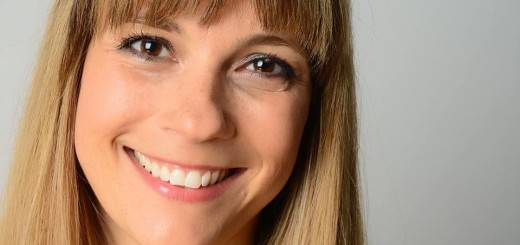
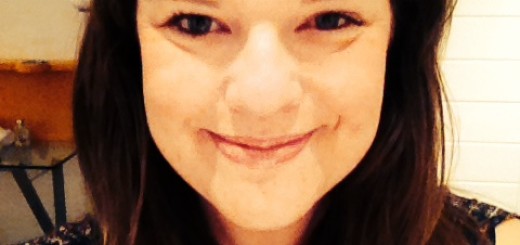
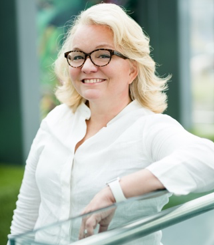

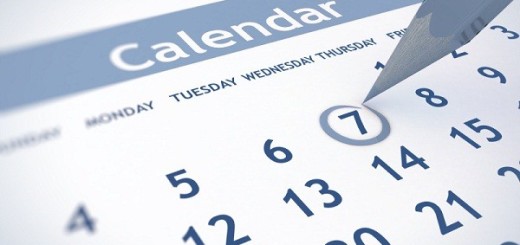


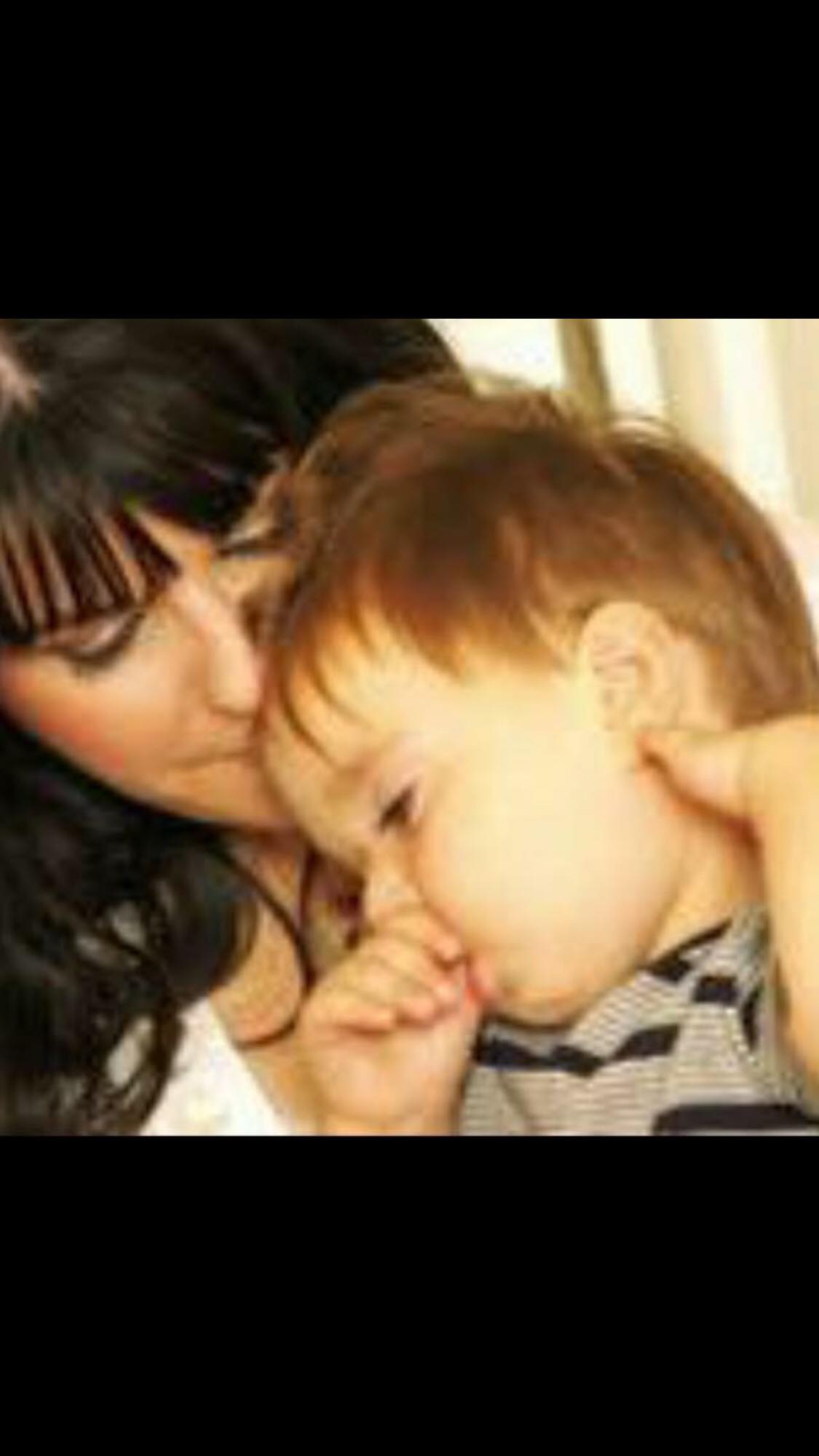
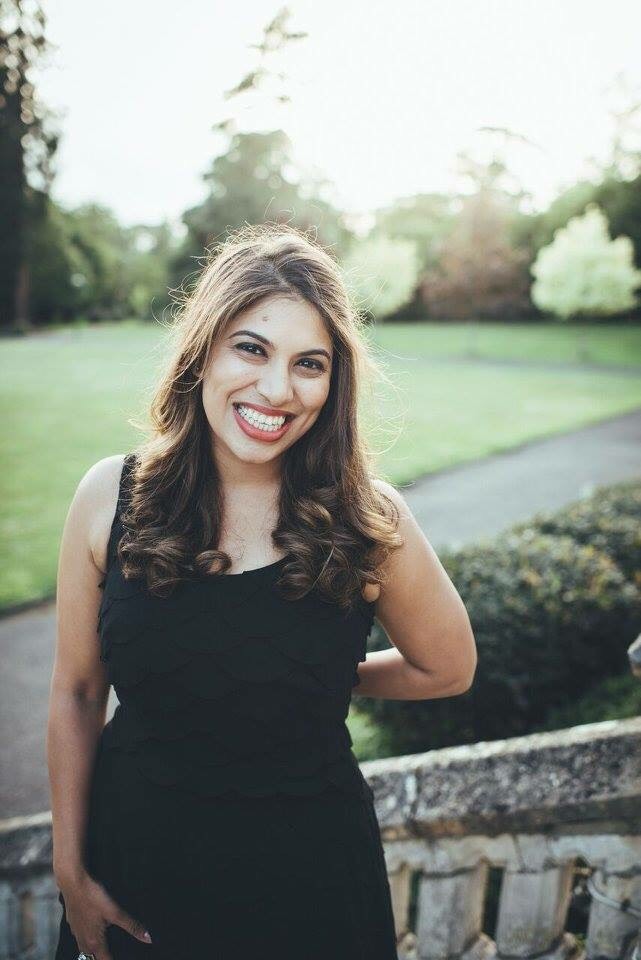
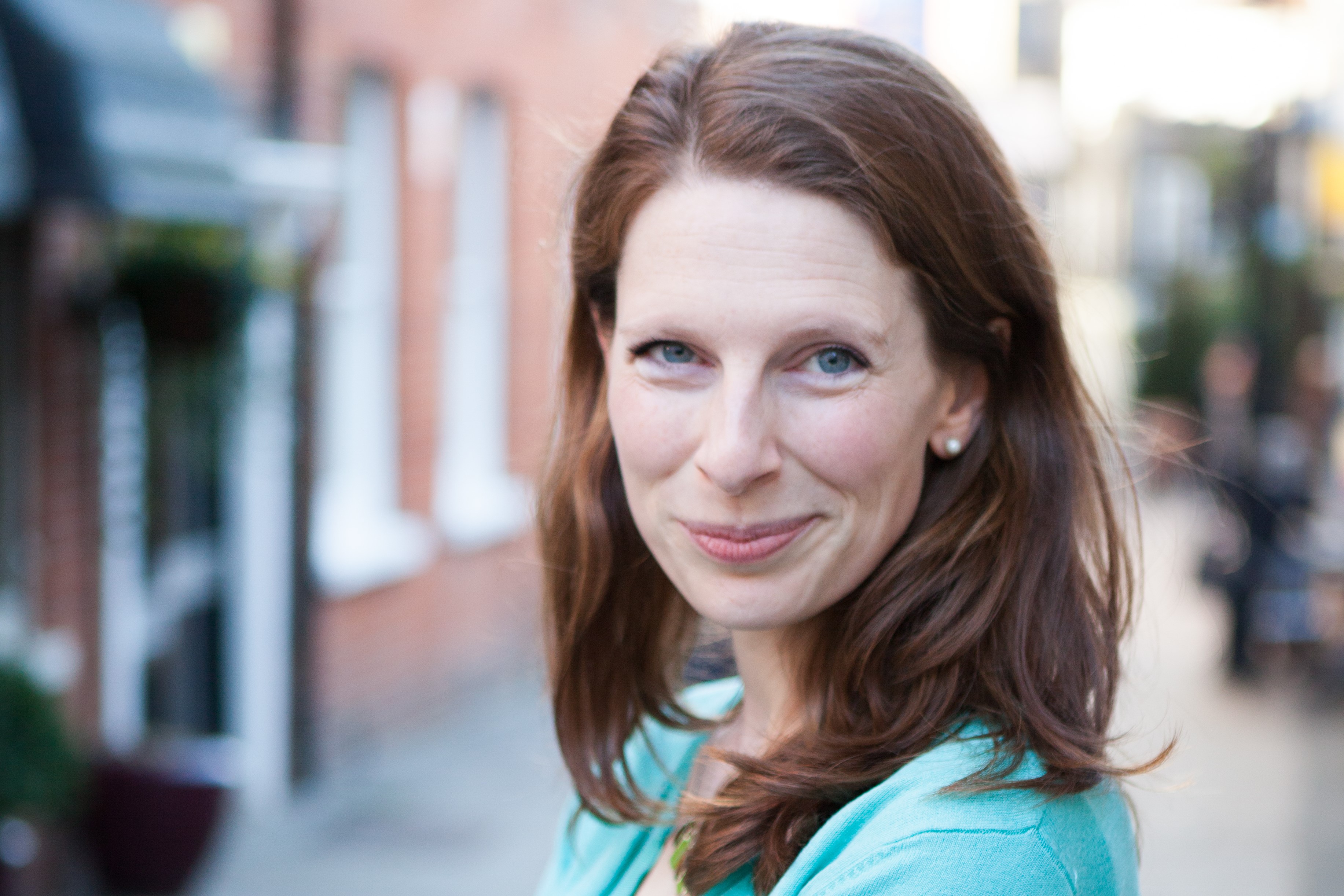
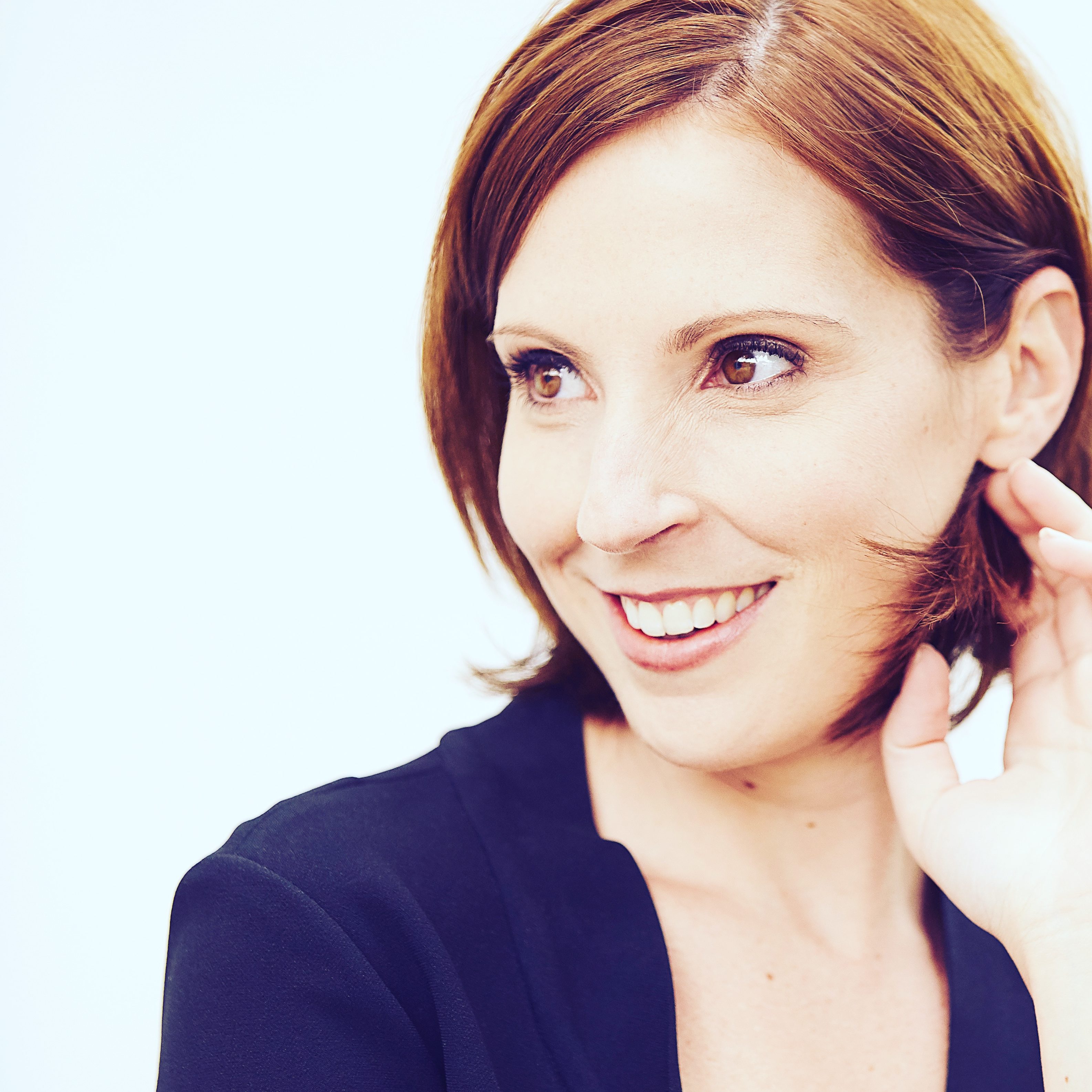
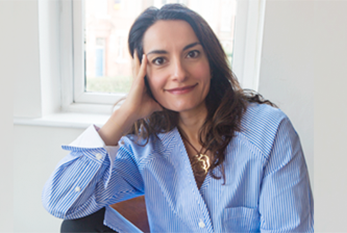
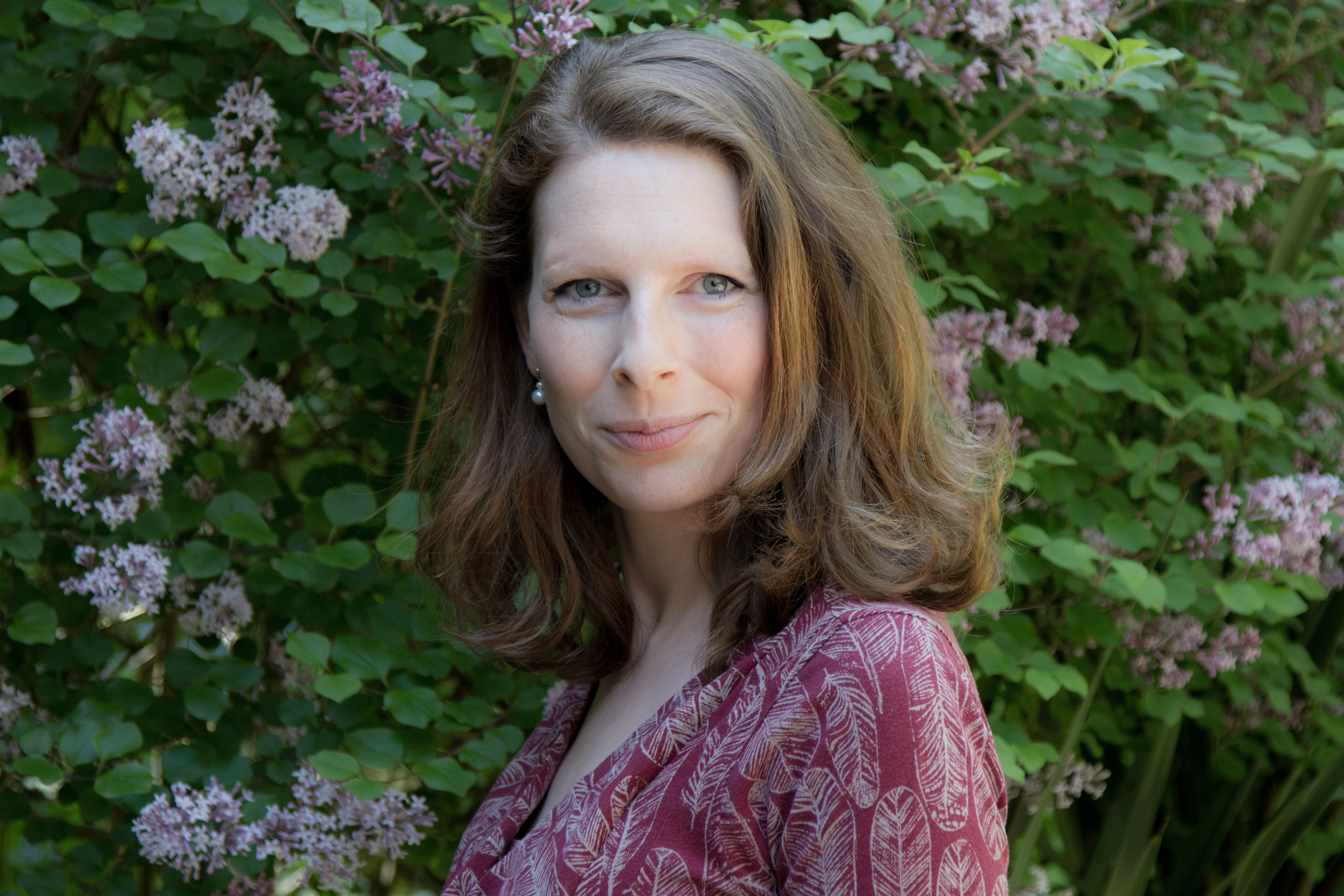

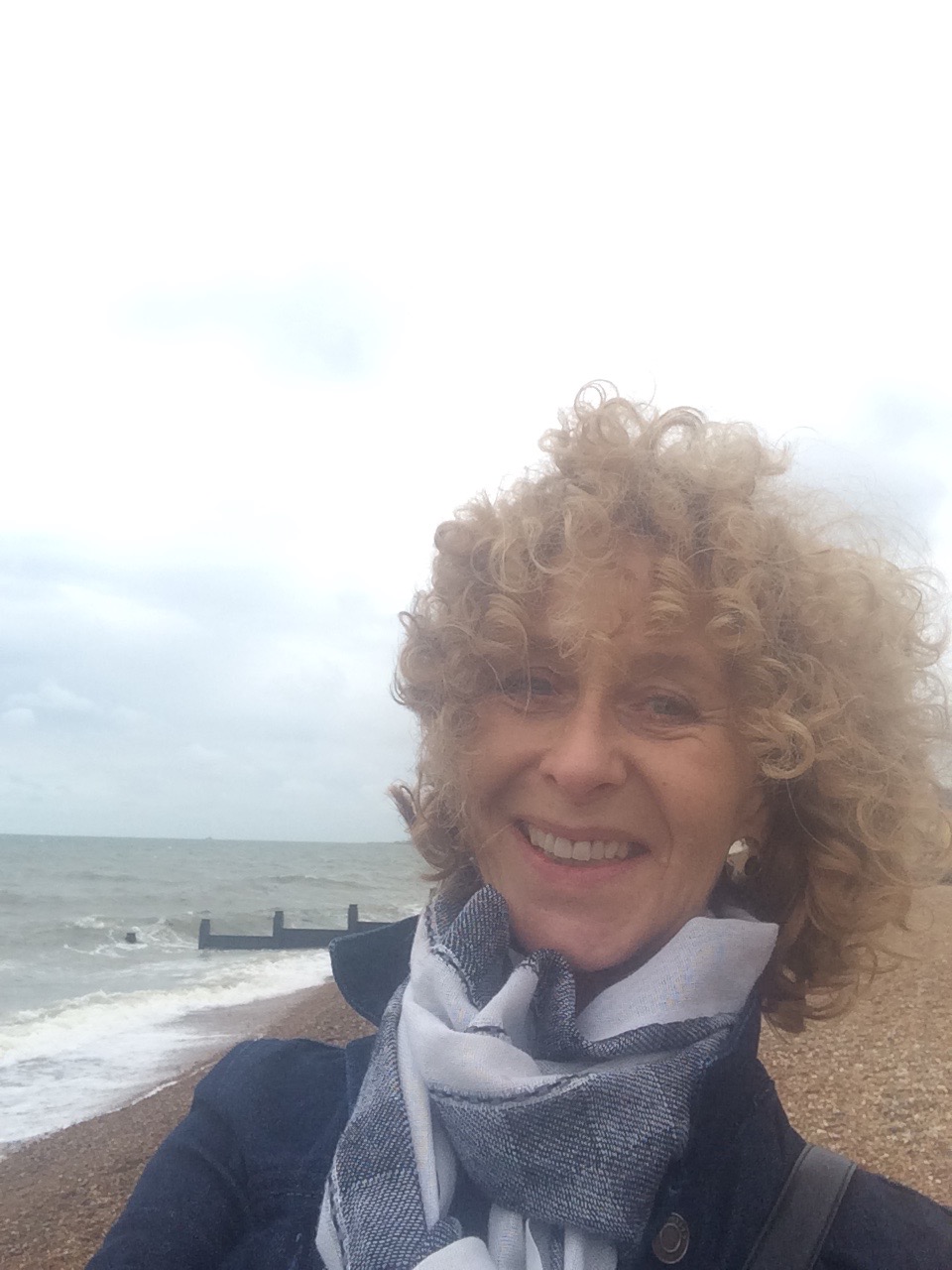
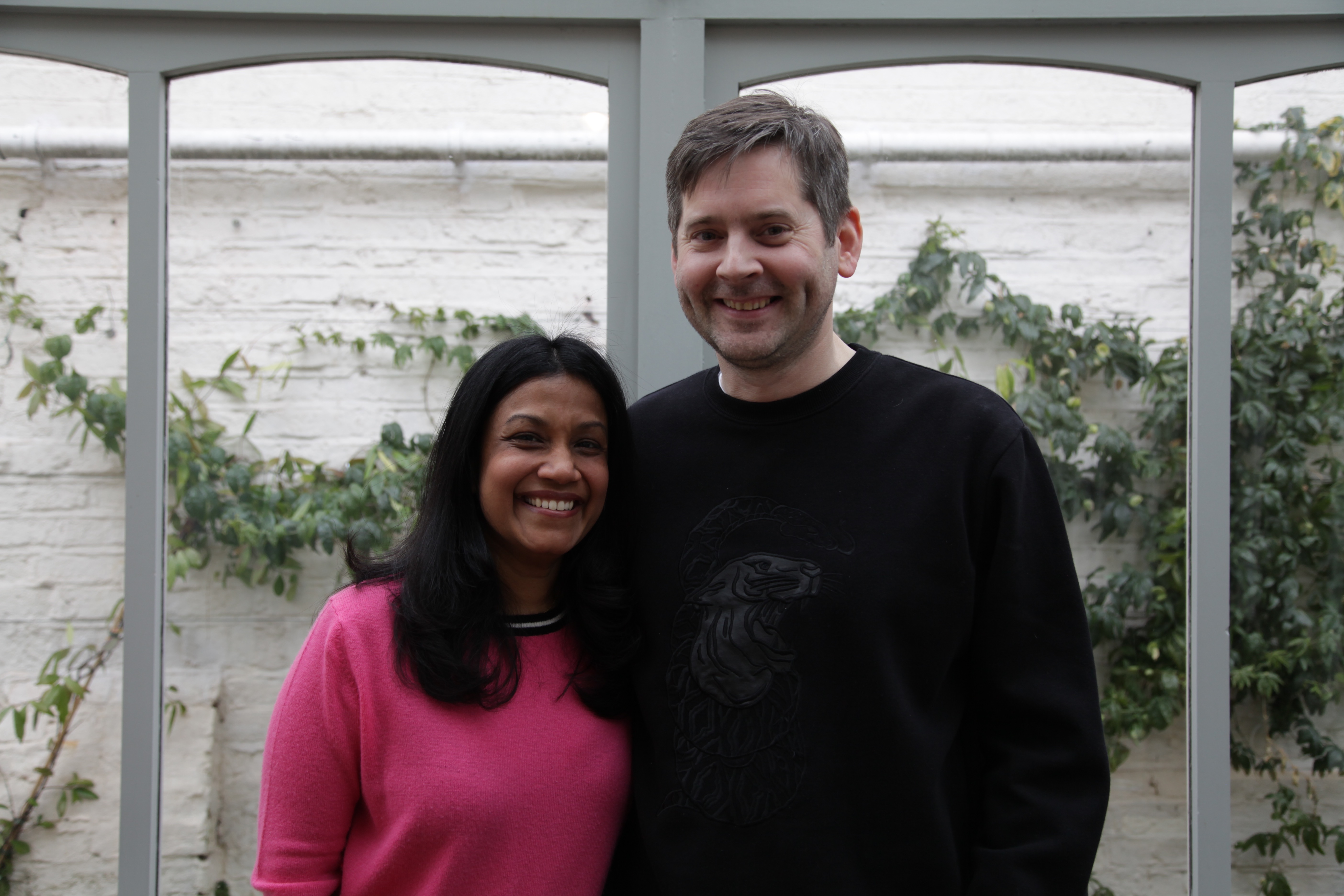

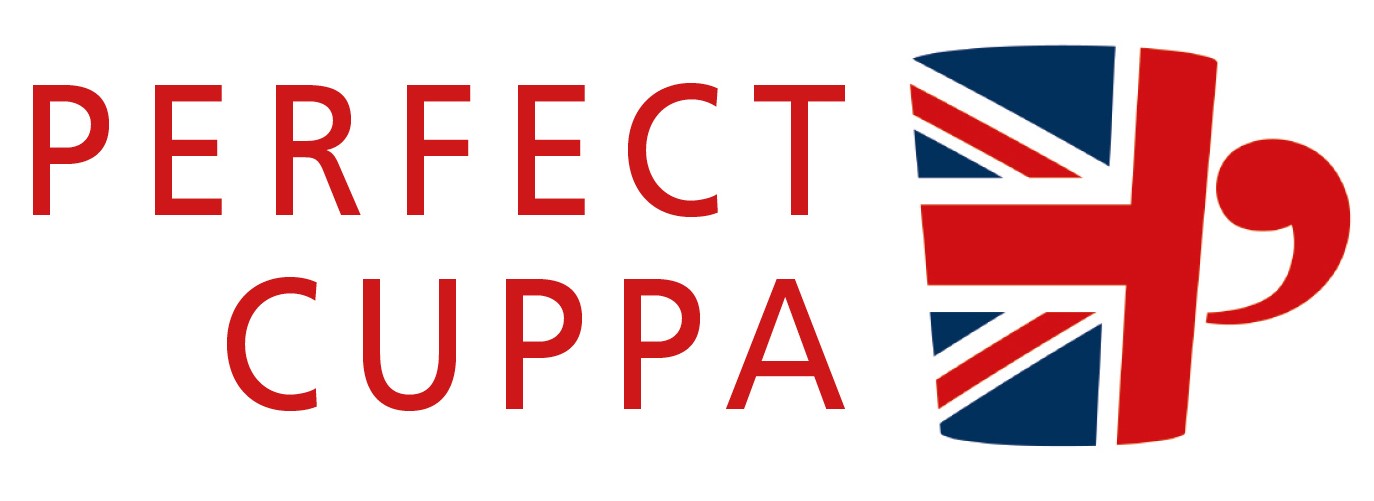


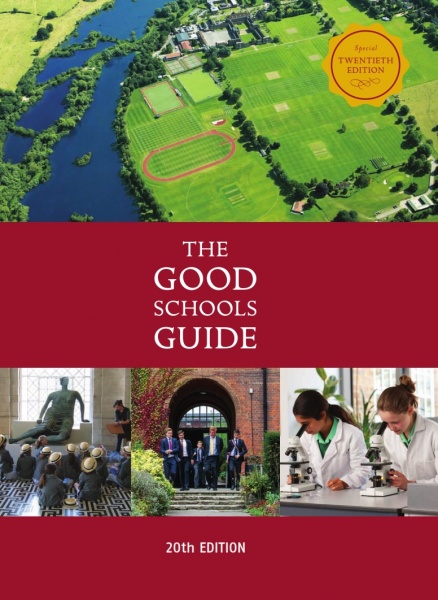
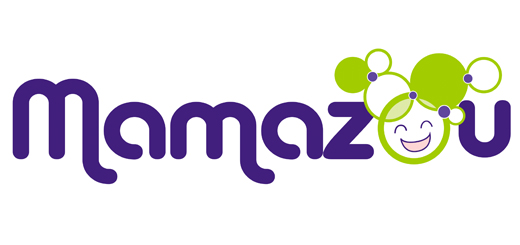


Older mothers often feel more settled and more ready in themselves to have a baby, possibly due to already having had career and leisure opportunities and are more likely than their younger counterparts to want to make the necessary sacrifices that having a baby inevitably brings. Increasing maturity also means they are perhaps better able to cope with the emotional and financial aspects that having a baby inevitably means.